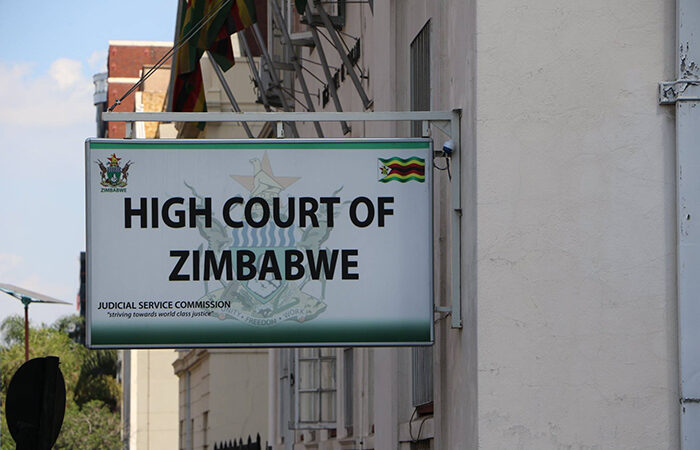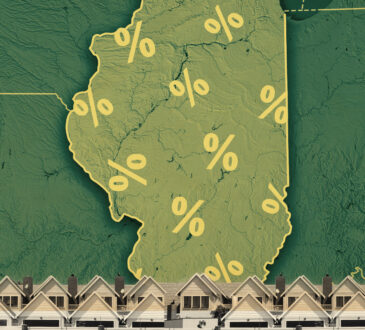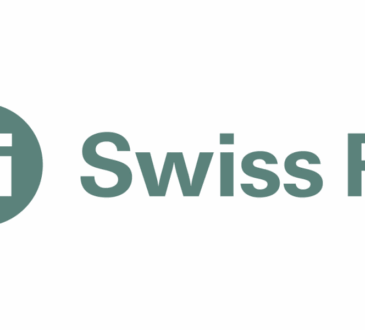
HARARE – Tassmak Design and Construction (Pvt) Ltd has failed in its attempt to place a caveat on a property in Lewisam, Harare, following a High Court ruling delivered by Justice Christopher Dube-Banda.
The company sought the caveat as a means of securing payment for construction work and materials allegedly owed by Wellington Makamure, the property owner.
The dispute stems from a 2022 agreement between Tassmak and Makamure for the construction of two cluster blocks on the property.
Tassmak subsequently filed a lawsuit (HCH 2797/24) seeking payment of USD$23,461.96 for labour, USD$6,164.00 for electrical materials, and USD$25,604.96 for building materials.
In a separate application, Tassmak requested a caveat be placed on the property, citing concerns that Makamure was advertising it for sale before settling the alleged debt. The company argued that this would protect its interest in the property.
Justice Dube-Banda, however, dismissed the application, stating that Tassmak had failed to demonstrate a “caveatable interest” in the property.
The court emphasised that a caveat can only be placed on a property if the applicant has a direct interest in the land itself, and that the pending lawsuit (HCH 2797/24) relates to a debt, not ownership of the property.
“Put simply, case number HCH 2797/24 does not concern the property, it concerns a debt,” the judge stated.
“In the circumstances, the applicant has no caveatable interests on the property.”
The court, further, highlighted that Tassmak had not provided sufficient evidence to prove that Makamure was the registered owner of the property, such as a copy of the title deed.
The judge stressed the importance of verifying ownership details before placing a caveat, as it has significant implications for the registered owner’s ability to deal with the property.
“The court must be satisfied that indeed the respondent is the registered owner of the property,” Justice Dube-Banda said.
The court also criticised Tassmak’s application as “frivolous and vexatious,” noting the lack of evidence and the fact that the pending lawsuit did not concern the property itself.
As a result, Makamure was awarded costs on a legal practitioner and client scale, a punitive measure.
“The operative principle in determining whether to award punitive costs is whether the litigant’s conduct is frivolous, vexatious or manifestly inappropriate. See Kangai v Netone Cellular (Pvt) Ltd 2020 (1) ZLR 660 (H).
“In casu, this is clearly one of those reckless and thoughtless applications flooding this court for no good measure. It must have been clear to the applicant that the litigation in HCH 2797/24 is not concerning the property, is about a debt allegedly owed to it by the respondent.
“In addition, no evidence was adduced to show that the property in issue is registered in the name of the respondent. This is a frivolous and vexatious application which amounts to an abuse of the process of this court.
“It is for these reasons that the applicant deserves to be mulct with costs on a punitive scale.”
Tassmak’s legal practitioners were J. Mambara & Partners, while Mhishi and Nkomo Legal Practice represented Wellington Makamure. The pending lawsuit (HCH 2797/24) regarding the alleged debt will proceed separately.







